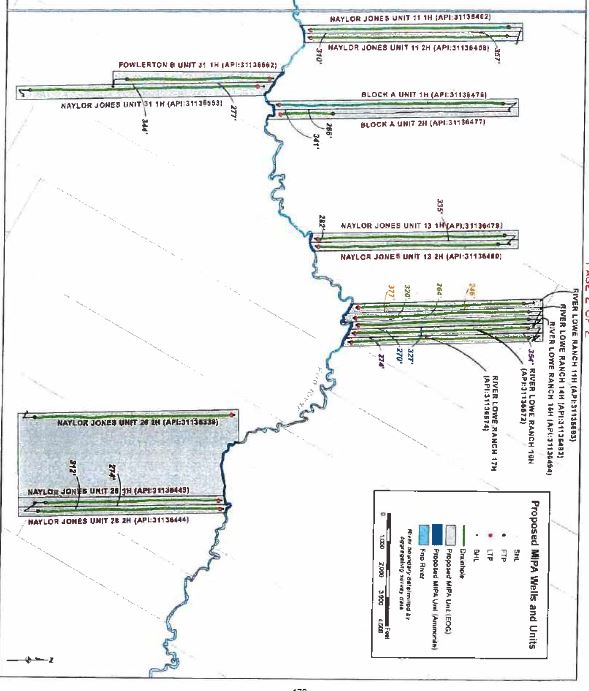I wrote about this case before. Today the Texas Supreme Court agreed to hear the plaintiff’s appeal of a judgment of the El Paso Court of Appeals. The Supreme Court’s summary of issues in the case:
At issue in this case is whether courts are barred from considering deed records in a collateral attack on a default judgment. A second issue is whether a rule that bars such evidence shields a default judgment from an otherwise meritorious due process claim. Other issues raised are whether a property owner’s due process rights were violated in obtaining the default judgment and whether the doctrine of laches or provisions in the Tax Code bar a collateral attack on the judgment.
The default judgment was for foreclosure of a tax lien after service by publication. The case has significant due process issues. In a lengthy concurrence in the El Paso court’s judgment, Justice Alley voiced his dissatisfaction with the extrinsic evidence rule but concurred because the court was bound by the Texas Supreme Court precedent. He noted that Ms. Mitchell’s address was in eight warranty deeds that were recorded before the tax suit was filed and could have been easily found.
 Oil and Gas Lawyer Blog
Oil and Gas Lawyer Blog



